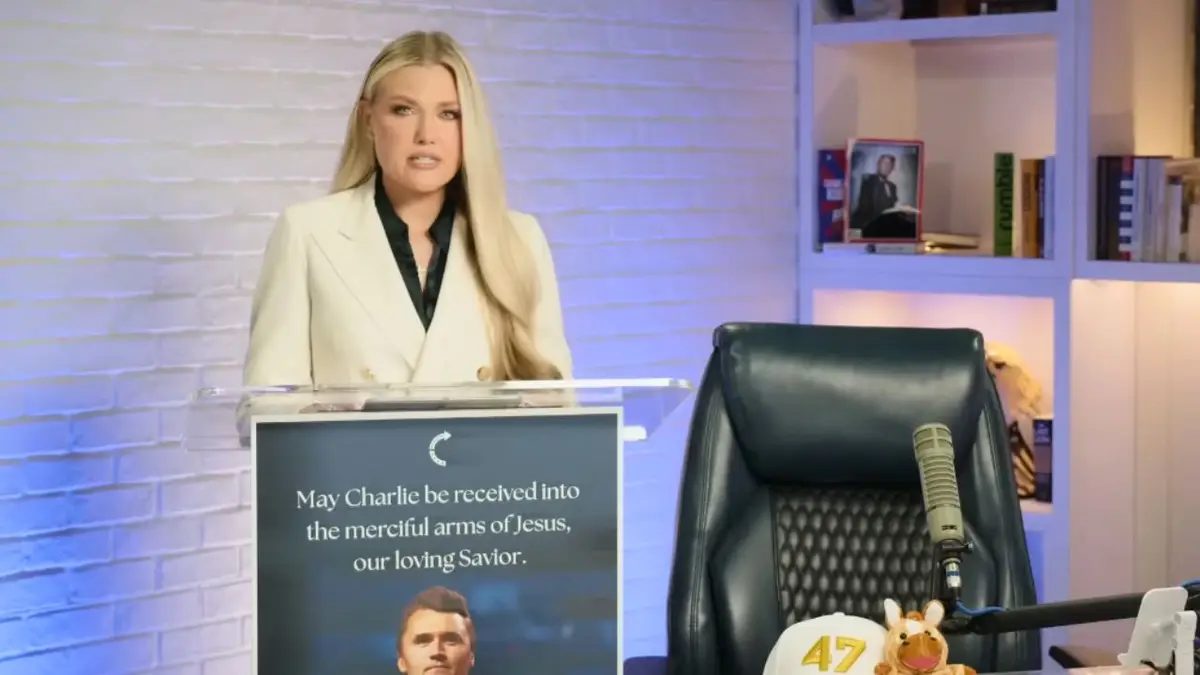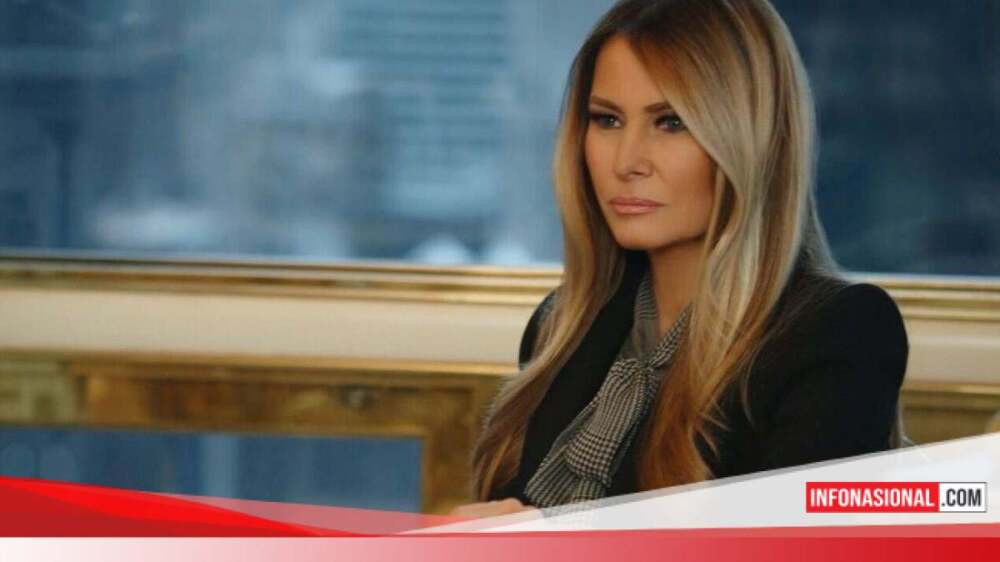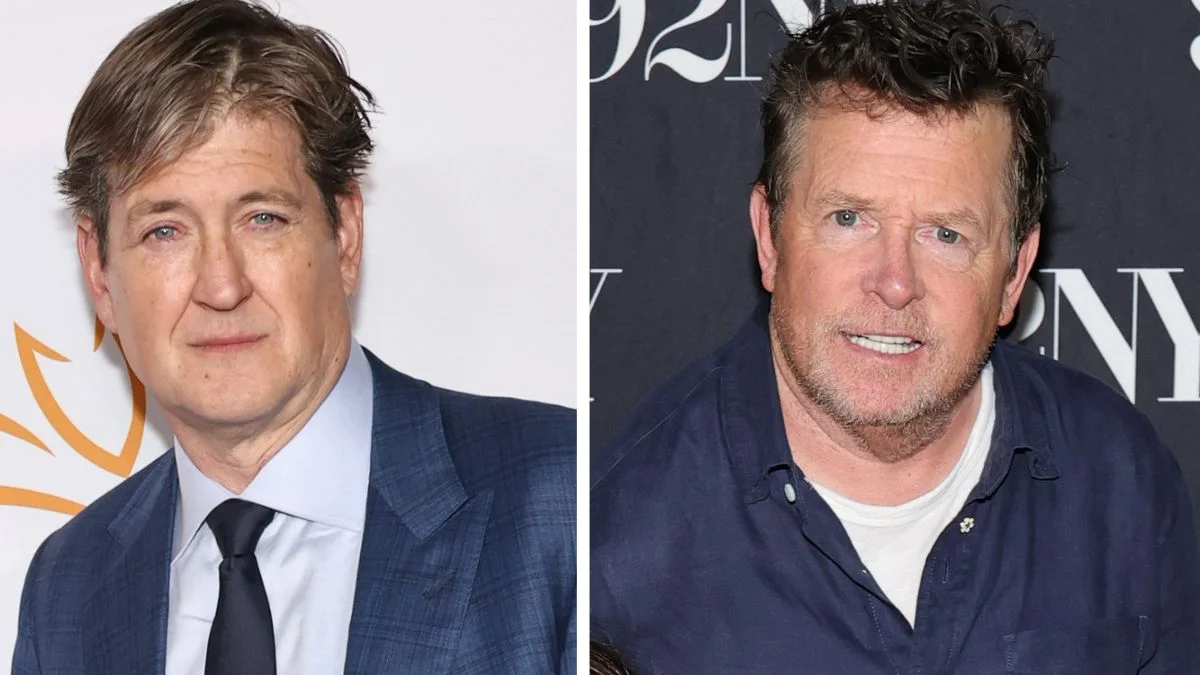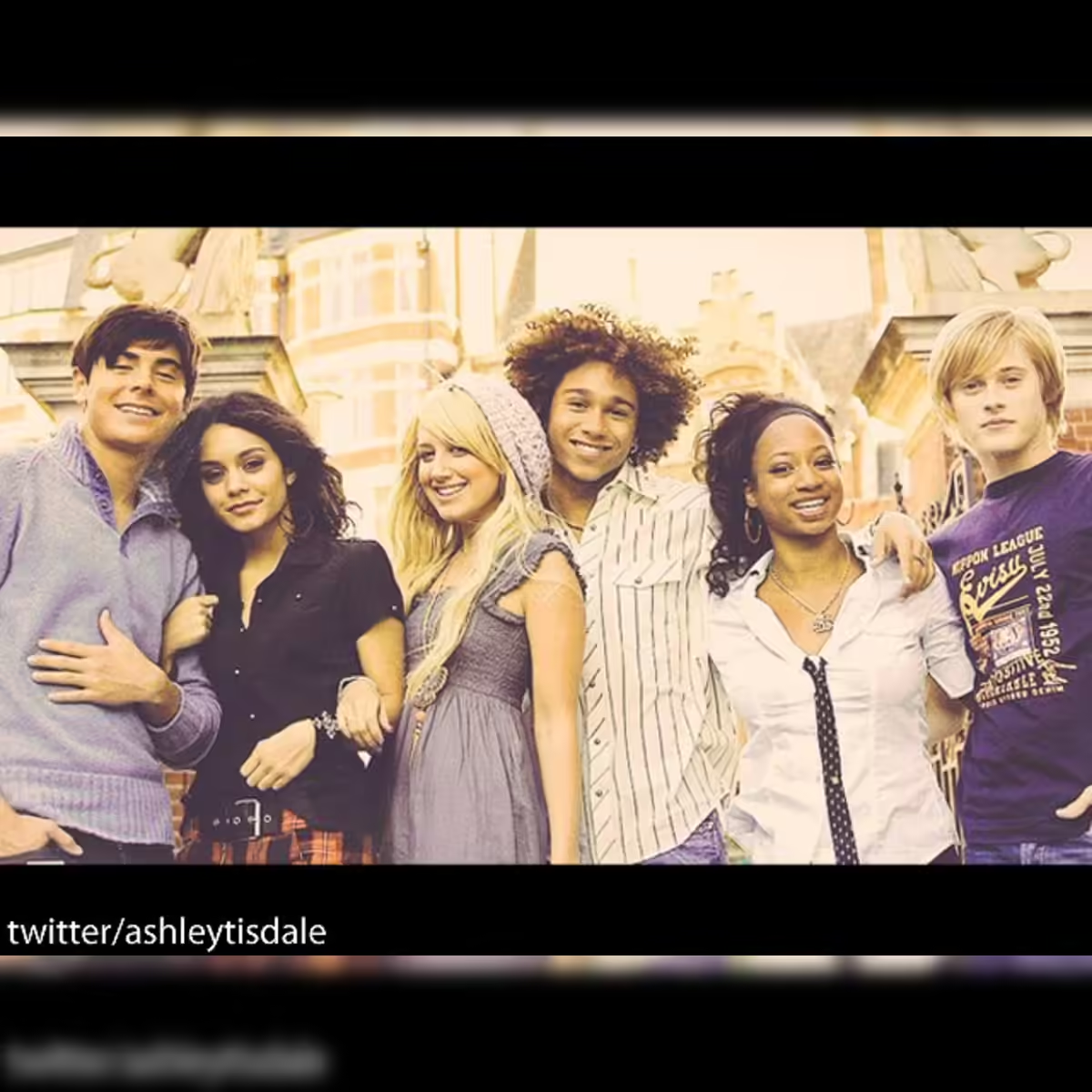Washington, D.C. — Recent developments in the Erika Kirk story have drawn renewed attention to how political campaigns are monitored and which forms of influence should trigger greater regulatory scrutiny. As investigations deepen, many experts say this case could reshape public expectations around political transparency and accountability.
Who is Erika Kirk—and what sparked the controversy
Erika Kirk, a figure who previously had been relatively under the radar, has become the center of an unfolding political drama. The issue concerns her involvement in campaign activities and connections to individuals who pose potential conflicts of interest. The allegations suggest that Kirk played a role in facilitating communications or transactions that blur lines between her personal interests and her political affiliations.
Though many questions remain about the precise nature of her interactions, what is clear is that this affair has exposed gaps in existing oversight systems. Government ethics officials and watchdog groups are scrutinizing whether current rules are strong enough to deter misconduct—and whether they are rigorously enforced.
Key questions being raised
- Disclosure and transparency
Observers argue that the obligations for political operatives and campaign-affiliated individuals to disclose relationships, financial ties, and communications are not uniformly enforced. In Kirk’s case, critics say that had there been stricter disclosure from the outset, public trust would be less frayed. - Regulatory jurisdiction
Does oversight rest solely with the Federal Election Commission (FEC), or should other federal ethics bodies share responsibility? The mixes of legal, financial, and interpersonal relationships in this situation highlight a potential need for coordination among different agencies. - Campaign influence and lobbying
There are concerns about whether Kirk’s connections gave her access to policymakers or campaign leaders in ways that represent undue influence. When private relationships hold public implications, skeptics say, the line between legitimate advocacy and unethical lobbying becomes dangerously thin. - Legal but ethical?
Some of the activities in question may not violate existing laws; yet legal defensibility does not always align with ethical perception. Many analysts believe that political operatives should be held to higher ethical standards than merely the legal minimum.
Broader implications
- Setting precedents: How authorities handle this case could inform how similar disputes are resolved going forward—whether investigation, sanctions, or reforms follow.
- Public trust: Incidents like this erode confidence in the transparency of political institutions. Restoring trust may require more than legal remedies; symbolic acts, such as apologies or voluntary full disclosure, could play a role.
- Policy reform: Some advocates are calling for tighter rules around campaign contributions, mandated disclosures for intermediaries, and more aggressive enforcement.
What to watch next
- Whether formal ethics investigations are launched by federal agencies.
- Any statements or defenses put forward by Erika Kirk or her associates.
- Proposed or pending legislation that could change how political campaign oversight works.
- Public response—how media, watchdog groups, and voters react could push lawmakers to act.
















Leave a Reply